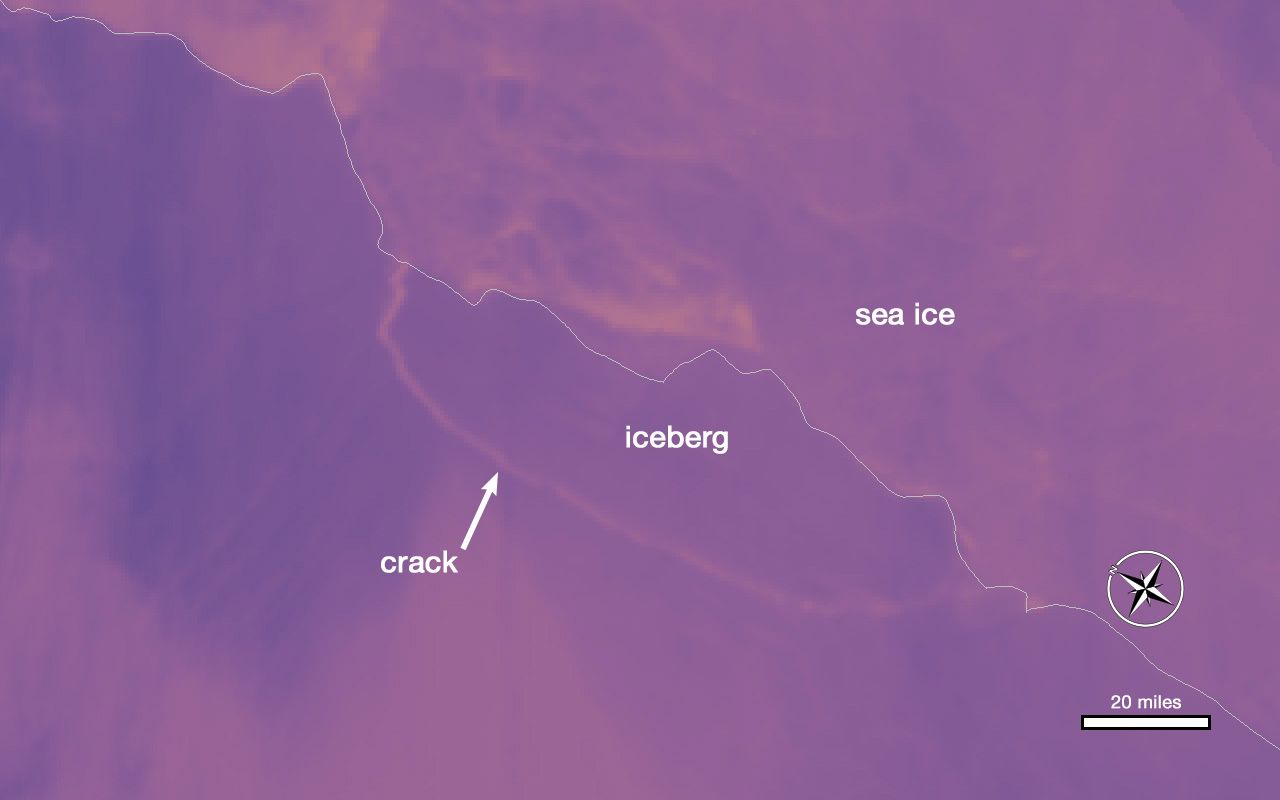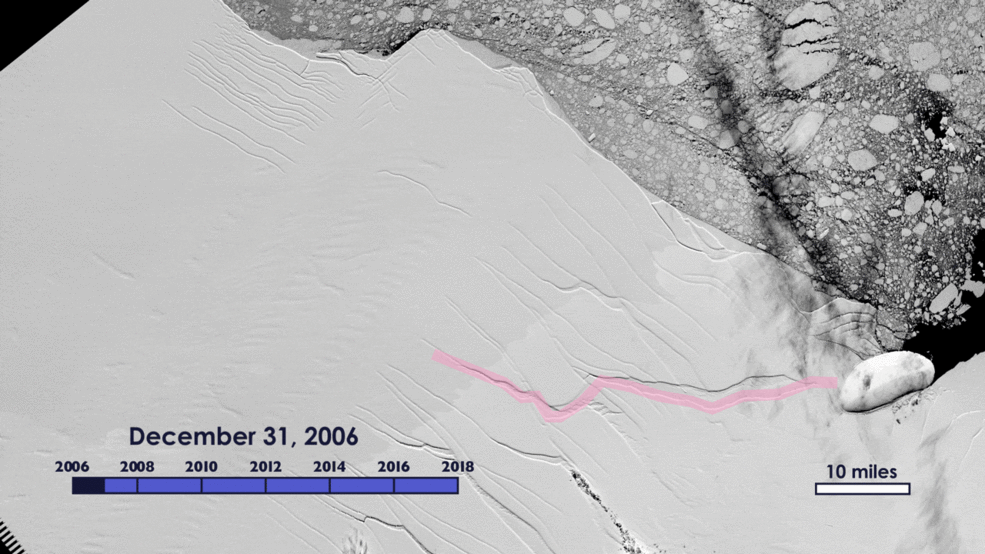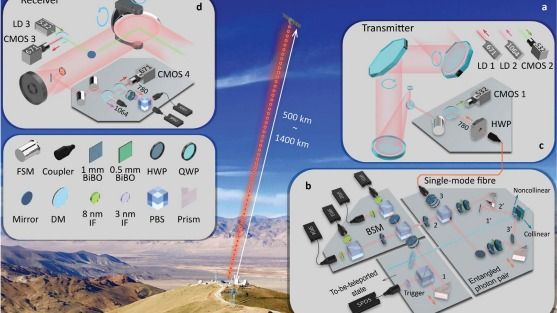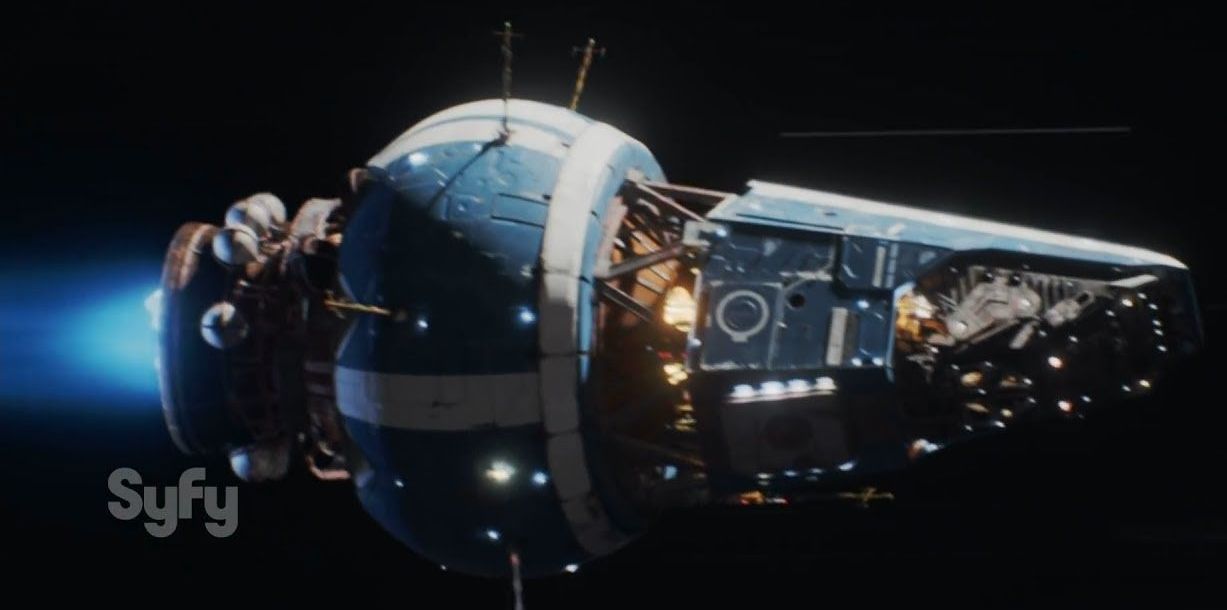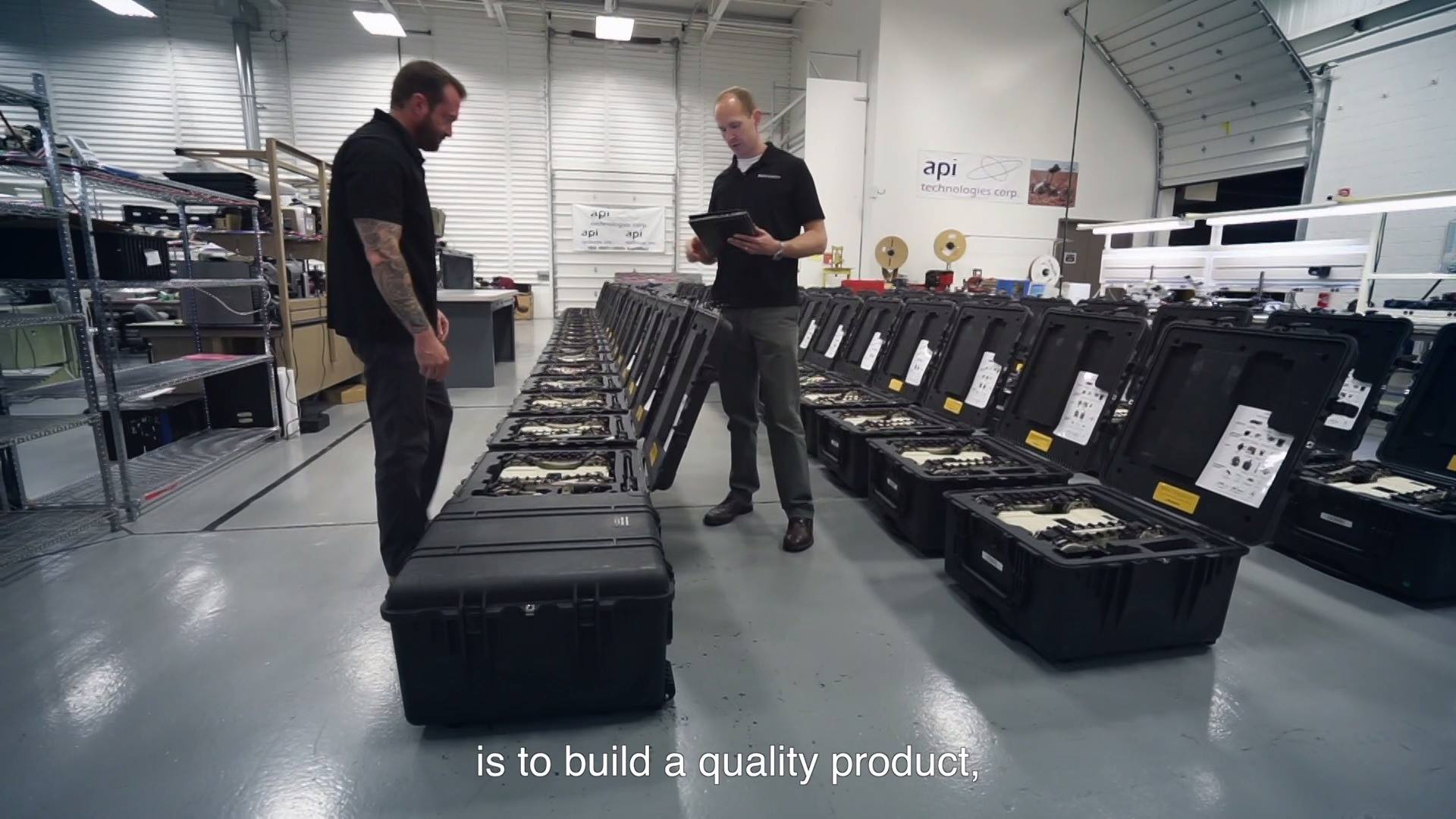Reason at Fight Aging! discusses the need to fund and support advocacy as much as research. Ultimately profressional advocacy and marketing could help popularize the field. Currently advocacy is left to a handful of volunteers and zealous individuals and that is not an optimal strategy for growth.
Useful activities in our community can be powered either by zealotry or by money. Zealotry has the advantage of being cheap, but the profound disadvantages of being rare, unreliable, and never quite optimally opinionated for the task at hand. Set a zealot to a challenge and you get the output the zealot decides upon, and only for so long as he or she is suitably motivated by whatever internal alchemy is at work in that particular case. Sustainable, reliable, long-term zealots only exist in stories. Money, on the other hand, has the disadvantage of being expensive, but for for so long as income is greater than expenditure, it can be used to produce reliable, sustainable, long-term outcomes. Changing the world always starts with the zealots, but the whole point of the subsequent bootstrapping process is to transition to money rather than zealotry as a power source just about as rapidly as possible. The future is defined by the few visionaries who care greatly enough to set aside their lives to work upon it, but it is enacted by the vastly greater number of people who take a paycheck and go home at the end of the work day.
To the extent we agree that the advocacy, fundraising, and other matters accomplished via Fight Aging! are good things, we’d like to see more of this taking place. More of it, and not dependent on the fickle motivations of zealots. Ultimately that means finding ways to do what Fight Aging! does, but for profit, with money. In this I do not mean Fight Aging! itself, which will be powered by zealotry until such time as the alchemy fails, at which point it will vanish just like everything else does in time, but something like it, and preferably dozens of varied somethings. Experimentation and diversity drive progress, and we won’t find out exactly what it is that Fight Aging! is doing suboptimally without the existence of many other attempts at the same types of initiative.
In the years that I have been running Fight Aging!, I’ve seen many longevity science interest and news sites come and go. Zealotry has a short half-life. When it comes to the money side of the house, things haven’t been much better, however. The typical ad-supported sites roll over and die fairly quickly; there never was enough money in that to do it for a niche interest such as ours over the past fifteen years. Their business models fail, and they linger a little while on the fumes of zealotry until that also departs. The initiatives that try sponsorship from the “anti-aging” marketplace tend to last longer, but are so corrupted by that revenue that they quickly lose all possible usefulness and relevance. You can’t take money from people pushing interventions that do not work and still speak with correctness and authority.
Continue reading “Envisaging For-Profit Alternatives to Fight Aging! and Similar Initiatives” »



